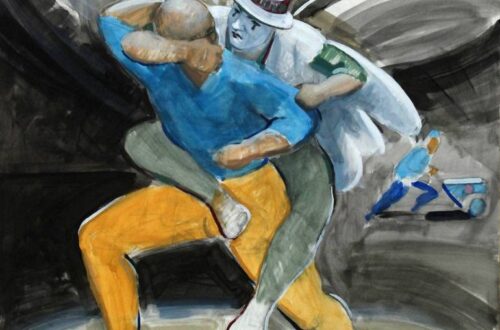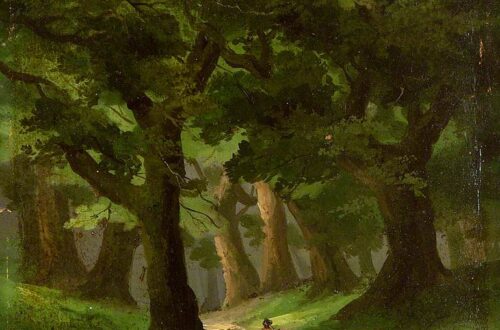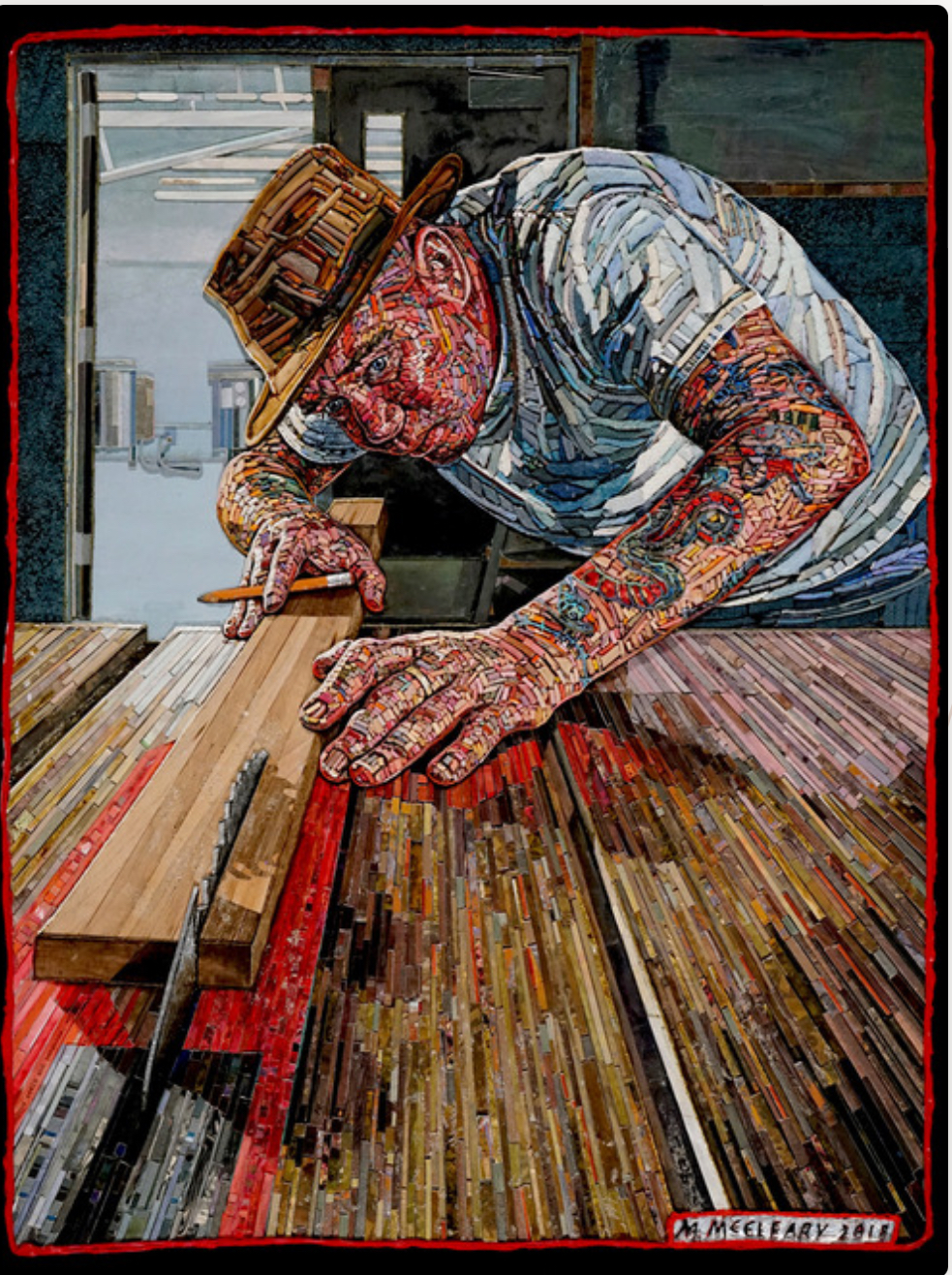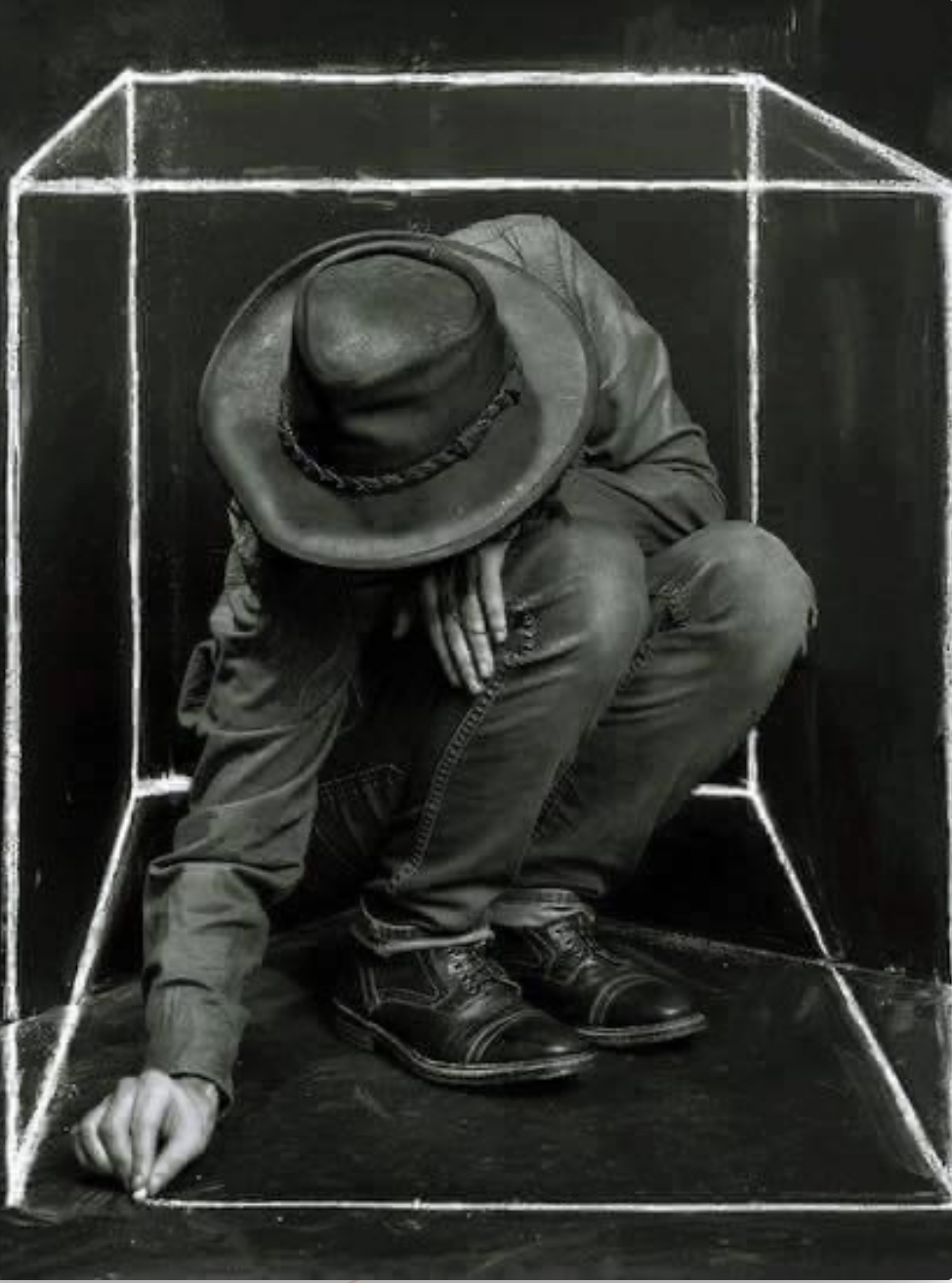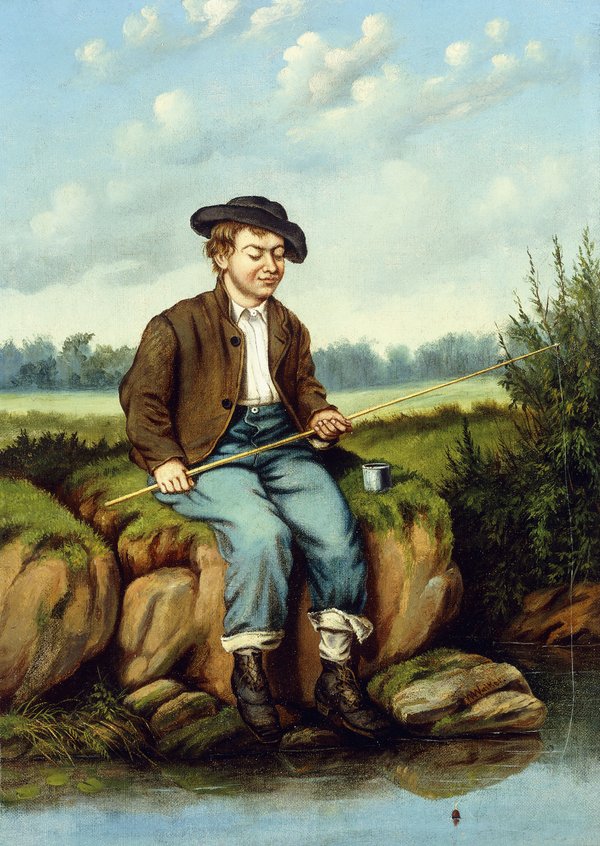-
Jacob’s New Name
A few years ago a very valuable missing painting was found. It had been used by the unknowing owner for wrapping fish. That’s how I feel about this story in a way. Why would such an extraordinary and pivotal account in the history of God and man be used to explain why Jews do not eat the tendon attached to the socket of the hip? It makes me wonder how many other stories are being used to wrap fish and when we unroll them we are surprised and delighted at the irony of God to take something so precious and use it for such a common purpose. The beginning of…
-
The Unexpected Good
You would expect those on the leading edge of making the world a better place through breakthroughs in technology, science, and now the advent of artificial intelligence to be those with the most hope for the future. After all, are these not all at the heart of the accelerating progress we are making not only in these fields but in the alleviation of poverty, hunger, disease, mental illness and a host of other applications? This is the essence of their faith in “effective altruism” that is focused not merely on the present but on problems needing solutions hundreds of years from now. These are brilliant and powerful people thinking long…
-
Jacob Flees Laban
Jacob’s life is, like ours, marked by transitions from one stage to another. First, there is the transition from a young man settled in a family to being on the run. Second, there is the transition to the challenges of marriage and family. This morning we are looking at the transition from years of working in difficult circumstances to success and going out on his own by leaving Laban. If there is one thread that is consistent in the life of Jacob it is this promise from God: “I will be with you.” At every point of change in his life, he hears that from God. He may not know…
-
Questions About Technology
I was asked to respond to some questions about the changing role of technology, artificial intelligence and social media for a panel. How do you think AI as a whole could transform our lives and how we solve social problems together? There will always be the benefits of new technology – the hammer, the wheel, the printing press, telephone, computer, and now artificial intelligence. For the moment I prefer to call AI accumulated information as it does not meet the standard definition of intelligence. Intelligence is about understanding and making judgements based on reason. AI cannot do that. It can connect dots of information it has scraped from millions of…
-
The Crown of Creation
I have always read the Creation account in Genesis as God’s process (long or short) of making a world, populating it with living things and then as a final crowning achievement forming a man and woman out of the dust, breathing His life into them and then resting knowing the work is finished with those who, while a little lower than the angels, are given the world to rule, subdue and fill with offspring. Obviously, the order of His design established their importance. Lately, I am considering just the opposite: God created the world and then needed someone to tend it. It was good but needed a caretaker who, while…
-
Measure What Matters
When my father was five years old, he fell with a glass jar of peaches he was carrying and sliced open the wrist of his right hand. His father was a pastor in the poorest part of Nashville and had no insurance or access to medical care, so they took him to the closest hospital where the doctor on duty told them the nerve in my father’s right arm had been severed and would need reconnecting. The operating surgeon was drunk and botched the job, leaving Dad with a right hand that had little strength and was shaped somewhat like a claw. He was able to hold a nail between…
-
Eyes To See
As a Southern Baptist in Texas, I have often heard congregations and missions organizations promoting the urgency for church planting in areas of our country considered completely secular – cities with low church attendance and little visible Christian influence. Considered “hard soil” or “godless” or even “lost territory,” cities like Boston, Portland, New York and Seattle have attracted waves of young planters sent by their home churches and denominations to re-evangelize these “foreign” places and Gospel deserts. I recall a friend from Georgia who, upon returning from a trip to New England, told me there were no grocery stores in the entire region because she did not see a single…
-
Brothers
In May, our daughter Haley and I are walking the Portugal section of the El Camino and preparing for that reminded me of the last time I set out on a long walk. In 1963, as juniors in high school, four of us decided to take on President Kennedy’s challenge to walk 50 miles in one day. His brother, Bobby, had just finished his own walk, trudging through snow and slush from Washington, DC, to Harper’s Ferry, West Virginia – wearing Oxford loafers. We were inspired and anxious to do the same. Up at dawn in our loafers, we headed out with no forethought except the vague determination to return…
-
Heavy Fish and Light Lines
The first of two times I went fishing with my father I was nine years old and we were staying for two nights in Camden, Maine. It was handline fishing from a boat rocking in a small storm on a cold day. Everyone was sick and all I remember is the repeated advice, “You’ve hooked him, now yank him!” Even though I’ve only been fishing once since then, I’ve read several books on fly-fishing and consider it an art. One of the best books I’ve read is by Howell Raines titled “Fly Fishing Through The Midlife Crisis.” Raines describes the difference between “hook ‘em and yank ‘em” and the subtlety…
-
How Can I Know?
I have often questioned the phrase, “What Would Jesus Do?” First, he had an advantage: walking on water, curing the sick, giving sight to the blind, and raising the dead. As well, it is difficult to predict with certainty what Jesus would do. We look for a tight pattern and we are often surprised. Sometimes he responds to crowds but then gets away from them. Sometimes he heals directly and other times uses mud on the eyes or even a second touch. He is what we could call inconsistent or unpredictable and trying to pin him down to one response for every situation and person is impossible. But one thing is constant—the people come to…
